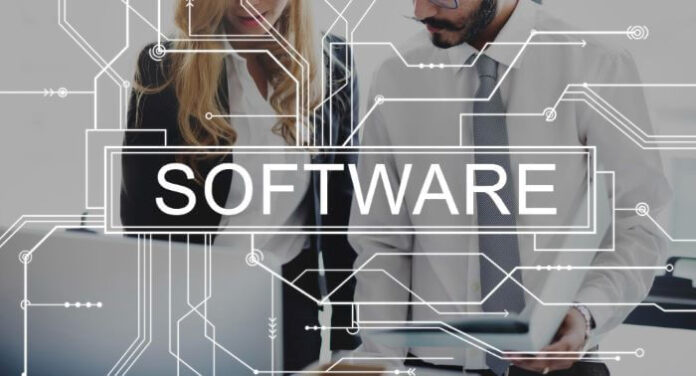In 2023, effective governance, risk, and compliance (GRC) management is essential for businesses to ensure regulatory compliance, mitigate risks, and maintain operational efficiency. To streamline these processes, many organizations opt for software solutions.
However, choosing the right software can be a very daunting task due to the wide range of options available in the market.
So, to help you along, this introductory guide aims to assist businesses in making an informed decision when selecting the right software, considering key factors such as functionality, integration capabilities, scalability, security, and support.
1. Assess Your Business Requirements
Before diving into the selection process, it is crucial to understand your organization’s specific GRC software needs. Identify the core functions and features required, such as policy management, risk assessment, compliance tracking, incident management, and reporting. Consider any industry-specific compliance regulations or standards applicable to your business. Engage with key stakeholders, including legal, risk management, and compliance teams, to determine their requirements. This assessment will help you align your software selection with your organization’s unique GRC goals.
2. Functionality and Customization
Evaluate the software’s functionality and customization capabilities. Ensure that it covers all essential GRC processes and offers flexibility to tailor workflows and forms to match your organization’s requirements. Look for features such as automated risk assessment, compliance monitoring, document management, and audit trail functionality. Additionally, consider the software’s ability to generate customizable reports and dashboards for better visibility into GRC activities.
3. Integration and Compatibility
Check whether the GRC program integrates seamlessly with your existing systems, such as enterprise resource planning (ERP), customer relationship management (CRM), or human resources management (HRM) platforms. Integration capabilities reduce data silos, enhance data accuracy, and simplify information sharing across departments. Ensure the software supports common data exchange formats and has APIs for easy integration. Compatibility with mobile devices and cloud-based deployment options are also worth considering for remote work and scalability.
4. Scalability and Future-Proofing
Select a GRC-based software solution that you will be able to scale with your business as it grows. Consider factors such as the software’s ability to handle increasing data volumes, support multiple locations, and accommodate evolving regulatory requirements. You will need to look for a vendor with a proven track record of regular updates and enhancements to ensure the software remains relevant and compliant in the future. Consider future needs such as advanced analytics, machine learning, or artificial intelligence capabilities to future-proof your investment.
5. Security and Compliance
Security is paramount when dealing with sensitive GRC data. Ensure the software offers robust security measures, such as encryption, access controls, and audit trails, to protect your data from unauthorized access or breaches. Assess the vendor’s data privacy practices and compliance with relevant regulations, such as GDPR or HIPAA. Additionally, inquire about the software’s ability to automate compliance processes and generate reports to demonstrate adherence to regulatory requirements.
6. Vendor Support and Reputation
Evaluate the vendor’s reputation and customer support capabilities. Look for established vendors with a history of successful implementations and positive customer reviews. Assess the vendor’s responsiveness, availability of technical support, and training resources. Inquire about the vendor’s product roadmap, their commitment to ongoing support and updates, and the availability of user communities or forums for knowledge sharing.







